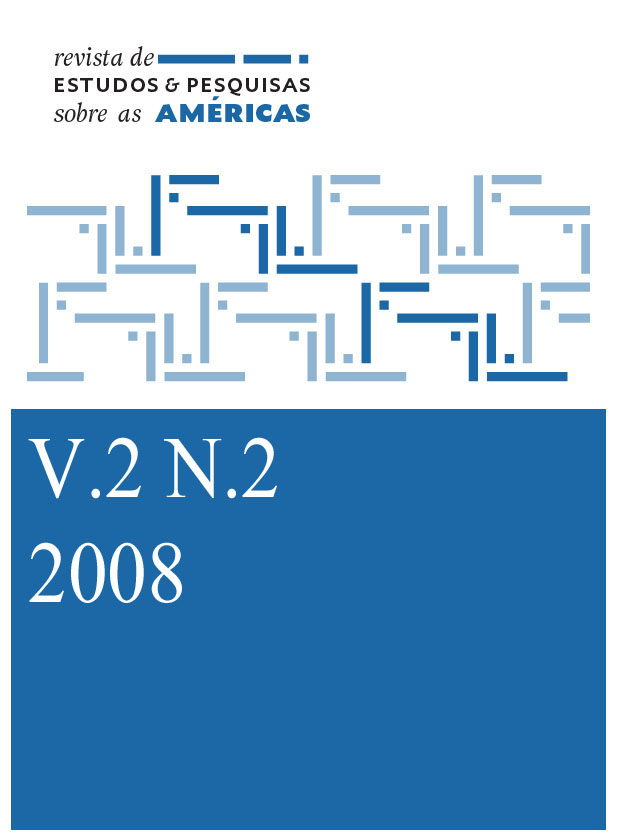Visões da democracia: o debate entre tradições e o caminho para um novo modelo
Abstract
O objetivo deste artigo é apresentar e discutir as tradições teóricas que fundamentam a democracia em busca de um novo modelo. A primeira tradição, conhecida como Teoria da Modernização procura enfatizar os fatores socioeconômicos na explicação do que determina os rumos desse sistema político. A segunda, predominante na Ciência Política contemporânea, se remete ao Neoinstitucionalismo, que tem enfocado as transformações institucionais e, de certo modo, ignorado outras mudanças que se dão fora delas para explicar a democracia. Ao lado destas duas tradições de maior peso coloca-se uma terceira tradição que procura explicar o desempenho da democracia, conhecida como culturalista, inaugurada por Almond e Verba, nos anos 1960, e revalorizada por vários autores nesta década. Comparando as várias perspectivas em questão, a autora procura apontar as limitações destas teorias, apresentando um modelo que leva em conta os diferentes fatores que afetam os processos de democratização, integrando as três teorias na explicação do desempenho da democracia.Downloads
Downloads
Published
How to Cite
Issue
Section
License
The published material is the property of the Journal, and may be reproduced in whole or in part with indication of the source.
Copyright: Authors will be responsible for obtaining the copyright of the material used. Authors who publish in this journal agree to the following terms:
a)Authors retain the copyright and grant the journal the right of first publication, with the work simultaneously licensed under
the Creative Commons Attribution License which allows the sharing of work with acknowledgment of authorship and initial publication in this journal.
b) Authors are authorized to take additional contracts separately, for non-exclusive distribution of the version of the work published in this journal (eg, publish in institutional repository or as a book chapter), with acknowledgment of authorship and initial publication in this journal.
c) Authors are allowed and encouraged to publish and distribute their work online (eg in institutional repositories or on their personal page) at any point before or during the editorial process, as this can generate productive changes as well as increase the impact and the citation of the published work (See The Effect of Free Access).
















